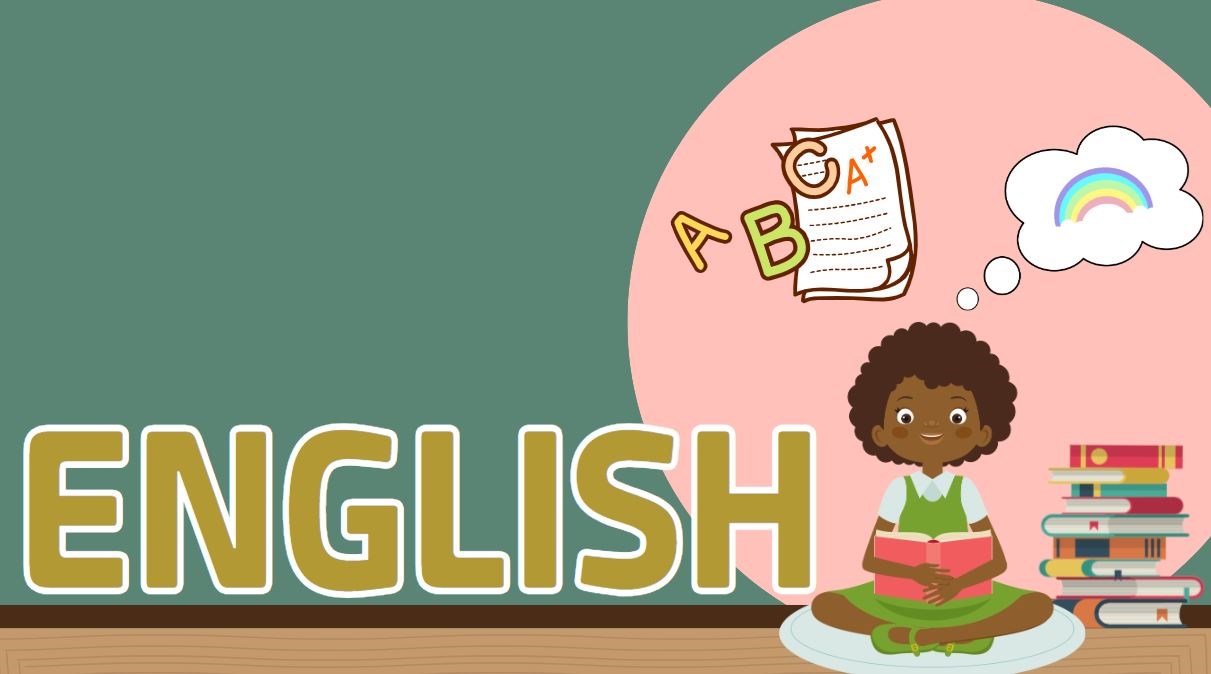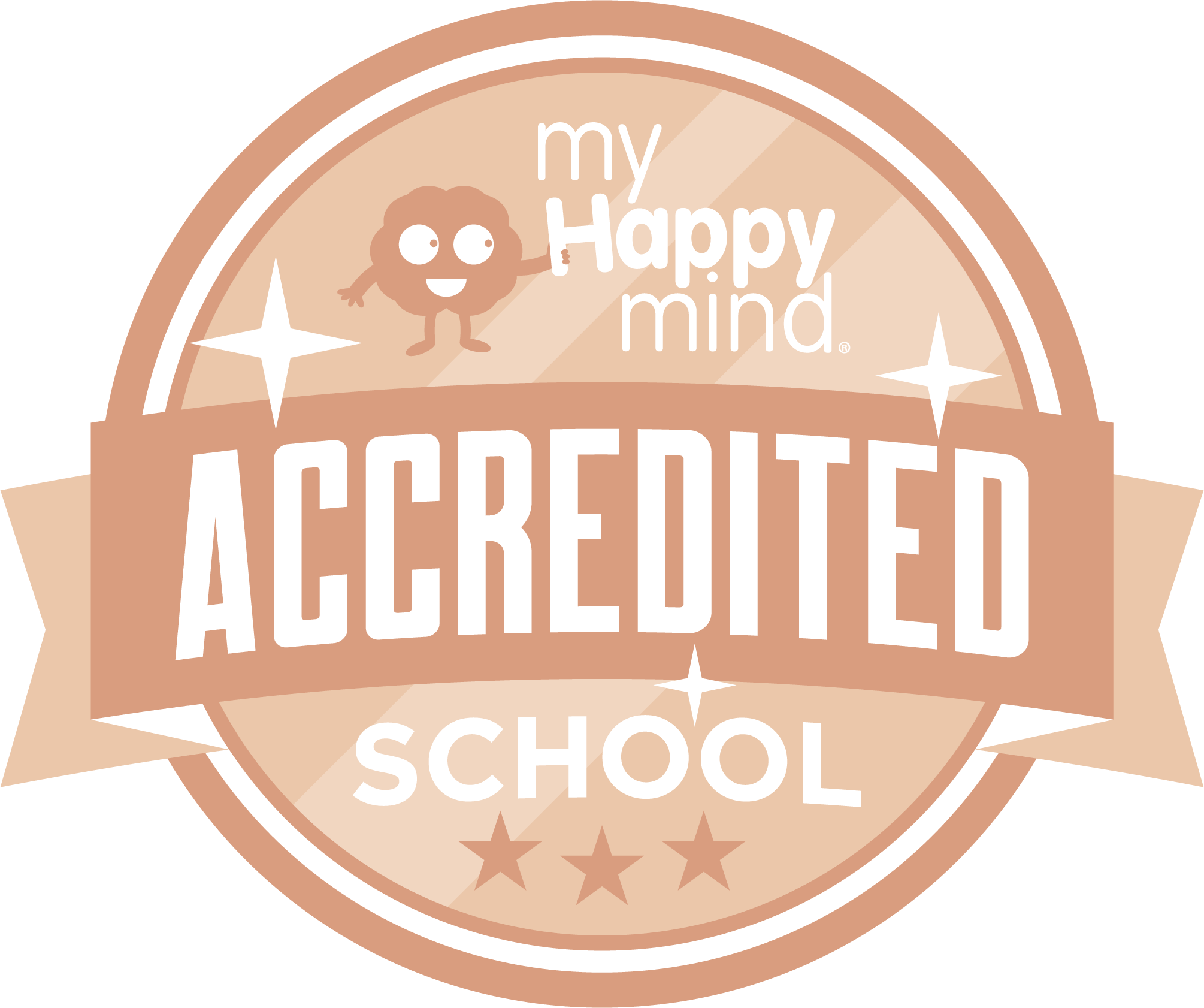
English at BVPS
English is a core subject of the National Curriculum. It includes spoken language, word reading, reading comprehension, and writing transcription. At BVPS, the teaching of English revolves around cultivating a profound fluency in the English language among our children. We are dedicated to equipping children with the necessary skills to be competent in reading, writing, and speaking in a variety of contexts, and for a range of purposes.
Essential to our vision is instilling a genuine love for reading and writing within our children. We firmly believe that nurturing this passion not only enriches academic capabilities but also nurtures creativity, critical thinking, and emotional intelligence. It also enables all children to access our broad, balanced and stimulating curriculum. It is therefore the responsibility of all staff to ensure that the needs of each and every child are fully met.
Recognising that language serves as a fundamental tool for effective communication, self-expression, and integration within a community, we are committed to providing an English curriculum that not only educates but inspires. We aim to develop lifelong learners who appreciate the beauty and power of language in all its forms.
Reading
At BVPS, we use high-quality books, selected by CLPE’s Power of Reading, to teach reading comprehension and writing across EYFS, KS1 and KS2.
What is the Power of Reading?
The Power of Reading is CLPE’s programme that supports our school to evolve a high-quality literacy curriculum which develops reading comprehension and writing composition, and fosters a whole school love of reading and writing. The Power of Reading puts quality children’s literature at the heart of literacy learning and is built on years of research and best practice.
The programme helps to raise engagement and attainment in language, vocabulary, reading and writing, in line with the requirements of the National Curriculum.
Throughout their time at BVPS, children are provided with opportunities to:
- read and explore high-quality texts
- explore a wide range of literature, including picture books, classic texts, information texts and poetry
- use role play and drama to support understanding and develop ideas for their own writing
- read and analyse high-quality models to inform and support their own writing
Reading for pleasure
At Bournville Village Primary School, reading and high quality literature is at the heart of everything we do. We aim for all pupils at Bournville Village Primary School to develop a life-long love of reading. The first step to achieving this is igniting a child's interest through reading for pleasure.
Reading for pleasure is time in addition to the daily English lessons when our children have the opportunity to enjoy reading. This includes daily story time, regular visits to our school library and independent reading. Daily story time is timetabled and teachers will spend time reading aloud to the children; this could be a class novel, a poem or an information text. Being read to helps to extend children’s vocabulary and comprehension, as well as support their writing. It is also a chance for children to wind down at the end of a busy day, and enjoy a story with their friends. We want our children to enjoy reading a wide range of texts and be able to talk about the text and the author with passion and confidence.
Our well-stocked school library is a welcoming place which our pupils visit at least once a week. Pupils use their library visits to select and borrow books, share recommendations with friends but most of all, to enjoy some dedicated time to enjoy a good book.
The classrooms reflect the importance we put on reading too. Our class libraries include texts linked to our curriculum topics, display our author of the moment, share and recommend some of our favourite reads, as well as Pie Corbett's Reading Spine.
Writing
Years 1-6
At BVPS, the writing outcomes completed by the children are inspired the high-quality texts used in reading sessions. As a school, we ensure that children have opportunities to write for a range of purposes and audiences.
Our writing curriculum is centred around giving children the opportunity to read high-quality examples of work similar to their own.
Each writing unit starts with an introduction to a WAGOLL (What A Good One Looks Like) for children to read. The WAGOLL is carefully written by the teacher as a good example that is similar to what the children will eventually need to write. The next few lessons then focus on analysing the WAGOLL to prepare the children to plan and draft their own writing. The process has been split into 8 stages.
Alongside the writing process, every classroom uses a ‘language line’ to record and sort vocabulary linked to the WAGOLL. This is displayed on the English working wall for children to refer to throughout the writing process.
| Stage 1 | The teacher will introduce the writing outcome (e.g., narrative) and make sure children know the purpose and the audience. The teacher reads the WAGOLL aloud with the children. Children complete paragraph analysis - they look at each paragraph and give it a title to summarise what information is given. Children then explain their choices using sentence stems provided. |
| Stage 2 | Children complete sentence analysis. They will look at individual sentences from the WAGOLL and explain why they've been used/what they tell the reader. Children will justify these in their books, thinking about why the author has used them. |
| Stage 3 | Children complete word analysis. They will look at individual words/vocabulary choices from the WAGOLL and explain why they've been used, why they're effective and/or what they could be replaced with. At this stage, the teacher will begin to add words to the language line, discussing their placement with the children. |
| Stage 4 | At this stage, children will complete a reconstruct activity (putting the WAGOLL back together in the correct order), or other sentence level work (writing sentences linked to the writing outcome). |
| Stage 5 | Plan it - children will plan for their own piece of writing using the school planning proforma. |
| Stage 6 | Write it - using their plans, the children write their own piece of writing. This is their first draft and will go directly into their writing books. |
| Stage 7 | Review it (proofreading and improving). Children always stat by proofreading the writing completed in the drafting stages. Following a checklist, they check their spellings, punctuation, grammar and structure of their sentences. Once their writing is accurate, they can more on to improving it. This can be done in several ways: extending sentences with additional clauses; changing vocabulary to better suit the purpose or audience; adding description to narrative writing; adding or extending dialogue to help advance the action etc. The teacher and child will decide what kind of improvements could be made. Children will attempt to explain why their changes have improved their writing. |
| Stage 8 | Publish - a chance for children to 'show off' their writing. The final draft should be their best version of their writing. |
Grammar and punctuation
At BVPS, we use a structured approach to teaching grammar and punctuation through the implementation of the Schofield and Sims scheme across Year 1 to Year 6. All children in Years 1 – 6 will be given a workbook, which contains activities for children to complete after the teaching of each skill.
This scheme includes all the objectives outlined in the national curriculum. By following this scheme, we ensure a consistent delivery of high-quality content to all classes. Students are provided with the necessary instruction before practising the skill, then applying it in a range of contexts. The scheme also includes regular assessments and opportunities for retrieval.
Spelling
Year 2
In year 2, once children are secure in their phonics, we begin using the Little Wandle spelling units to teach spelling as part of our English lessons. We begin the year with a review of their phase 5 phonics from year 1, then progress through the programme to help children build confidence in their spelling, using their phonics knowledge to support them.
Years 3 - 6
Starting in year 3, pupils begin using the No Nonsense spelling programme to learn and practise spelling rules and common exception words.
Handwriting
At BVPS, we use 'Penpals for Handwriting' to teach handwriting from Reception-Year 6. It offers clear progression through five developmental stages: physical preparation for handwriting; securing correct letter formation; beginning to join along, securing the joins and practicing speed, fluency and developing a personal style. Penpals is focused on whole-class teaching using digital resources to enable modelling and interactive learning, along with Practice Books and Workbooks to support independent work.
Handwriting progression:
1.Physical preparation for handwriting
(Foundation / 3–5 years)
2.Securing correct letter formation
(Key Stage 1/5–6 years)
3.Beginning to join
(Key Stage 1/6–7 years)
4.Securing the joins
(Lower Key Stage 2/7–9 years)
5.Speed, fluency and developing a personal style
(Upper Key Stage 2, 9–11 years)
Learning environment
- Every classroom has an English working wall. Working walls are updated regularly and reflect learning that is happening in the classroom. Children are encouraged to use the working wall to support their learning during English lessons.
- All stages of the writing process are handwritten and put on the working wall.
- Teacher’s handwriting models the style of handwriting we’re teaching the children.
- In KS2, the reading VIPERS are displayed as part of the English working wall. These are then referred to regularly during reading sessions to support children with their comprehension.
- All classrooms use a ‘language line’. This is way of sorting words to help children select appropriate vocabulary for their own writing, and to expose them to a variety of high-quality words. This might be done by deciding which words are ‘everyday words’ and which words are more specific to the subject being written about.




